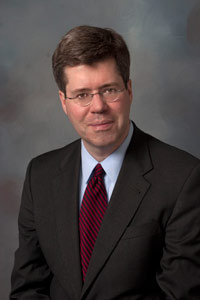The Supreme Court will once again address alleged Brady violations by the New Orleans District Attorney’s Office. Earlier this week, the Court granted certiorari in Smith v. Cain (No. 10-8145), in which Smith alleges that the prosecutor suppressed a veritable boatload of exculpatory evidence in his murder trial. I’ve only read the cert. petition, which obviously has a partisan slant, but on the face of things it appears there was some pretty egregious police and prosecutor misconduct. And, of course, there is a well-documented history of Brady violations in the DA’s office in New Orleans, including in the Supreme Court’s earlier case of Kyles v. Whitley, 514 U.S. 419 (1995). Earlier this very term, the Court again dealt with discovery issues in the Big Easy in Connick v. Thompson, declining to find civil liability for what even the state conceded were violations of Brady. Indeed, according to the cert. petition, the very assistant district attorney who prosecuted Smith later had his law license suspended for a Brady violation in another case.
I’m a little surprised the Court took Smith, both because it has not been through federal habeas (it’s coming directly up from the state court system) and because it’s basically an “error-correction” case — at least as framed by the cert. petition, the case does not really present any questions of law, but will instead require the justices to roll up their sleeves and sort through a rather complex evidentiary record to produce a case-specific, fact-intensive ruling. On the other hand, for reasons that are not clear to me, this seems to be precisely the way that the Court has engaged with Brady ever since United States v. Bagley in 1985. See, e.g., Kyles; Cone v. Bell, 129 S. Ct. 1769 (2009).
In some ways, I’m more interested to hear what the Court has to say about a collateral procedural issue in Smith that received relatively brief treatment in the petition, but that is also expressly encompassed by the cert. grant. Smith claims that the Louisiana courts violated his due process rights by rejecting all of his Brady-type claims without finding any facts or providing any explanation.

